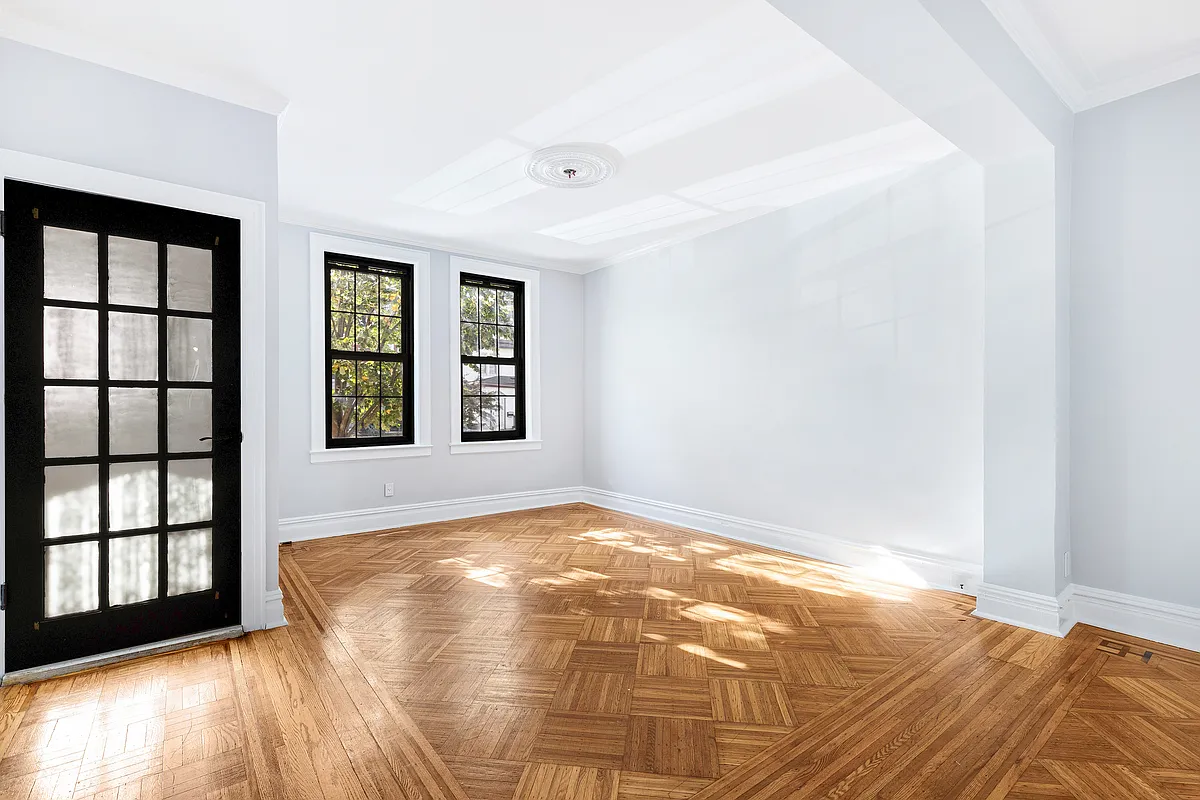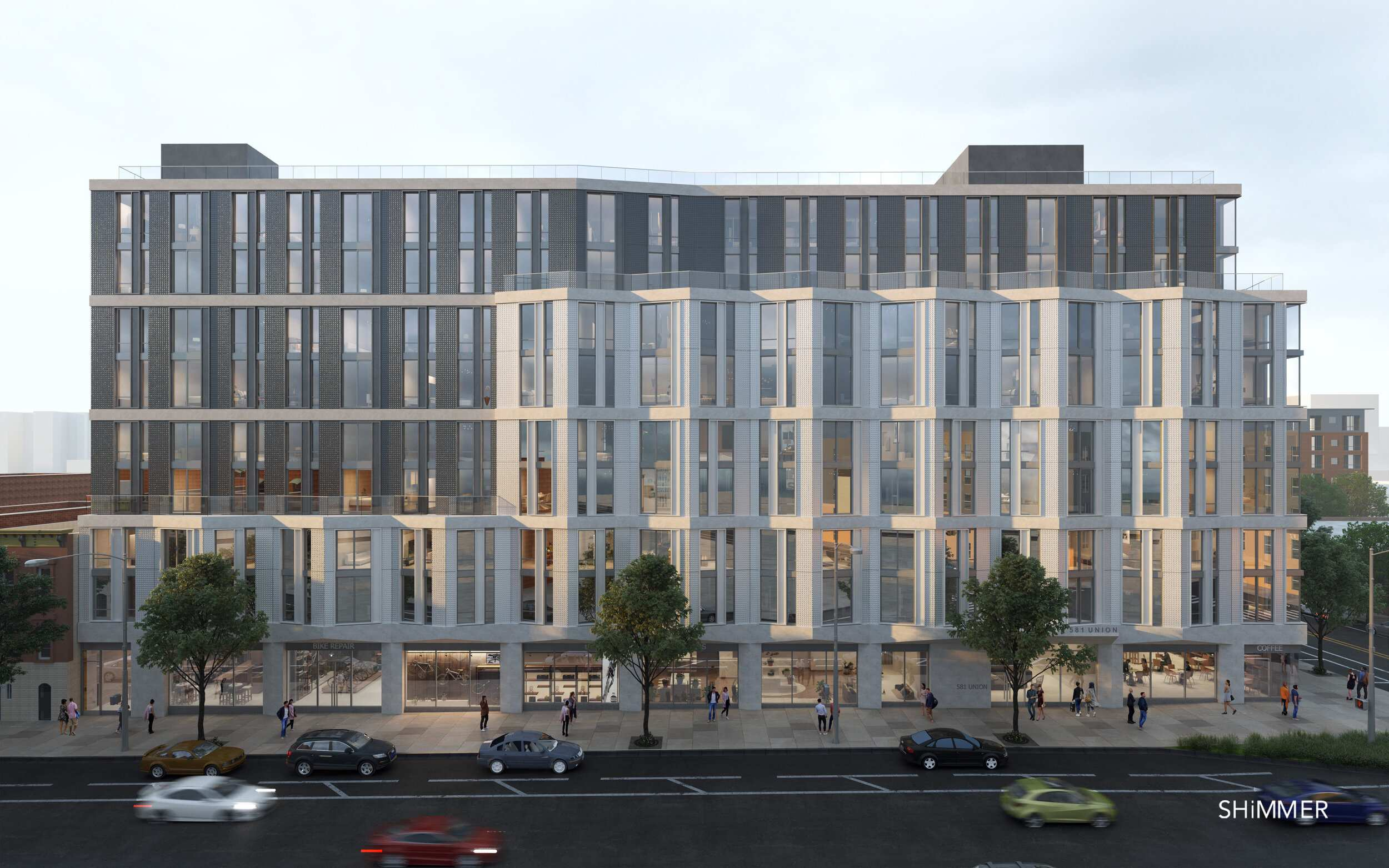Albee Square Deal Closes, Fewer Apartments Planned
When the deal was announced back in February, the consortium of investors purchasing the groundlease for the Gallery at Fulton Mall from Thor Equities had big plans: 475,000 square feet of retail space, 125,000 square feet of Class A office space, and 1,000 rental apartments (with 20 percent set aside for tenants of moderate income)….


When the deal was announced back in February, the consortium of investors purchasing the groundlease for the Gallery at Fulton Mall from Thor Equities had big plans: 475,000 square feet of retail space, 125,000 square feet of Class A office space, and 1,000 rental apartments (with 20 percent set aside for tenants of moderate income). Since the deal closed last week for a reported $120 million, it’s come out that the housing component has been scaled back by about 35 percent. The 1.6-million-square-foot tower (which will be anywhere from 40 to 60 stories) will still have 650 apartments, but the switcheroo is expected to result in a loss of about 70 affordable housing units, something that has community groups pissed off. The new owners haven’t announced what they’re going to do with the extra square footage from the 350 axed apartments yet.
Developers Pare Housing Plan for Albee Square [NY Observer] GMAP
Expansion, Skyscraper Planned for Albee Square Mall [Brownstoner]
Albee Square [Acadia Realty]









Want affordable housing for all in the most desirable communities? GO MOVE TO A WELFARE STATE!
As it should be.
ah… said with the chutzpah of one who intends to make sure that only a special few get to do that.
“That is the marketplace talking.”
As is the fact that not everyone can live in a desirable area.
“That is the marketplace talking.”
As is the fact that not everyone can live in a desirable area.
Hey, silversucks, I really prefer the name “Silversocks”, it’s much classier. But if you want to be silversucks, that’s up to you. Go figure.
In answer to your polite little question, at no time did I ever mention Hicksville, you are hallucinating. Perhaps that is from inhaling a toxic metal. I have no problem with any of those stores per se. To line them up on Court Street is to create a very uninteresting strip mall, but if the corporations that own those places went about legally obtaining leases from the landlords, then more power to them. That is the marketplace talking. Remaining “Ghetto”, whatever that means, is in the eye of the beholder. You must be referring to the presence of minority peoples, in which case that says much more about you than it says about me.
Grad school, I think perhaps our cross purposes in terminology got us to butt heads. I’m waving the white flag here. No mas! Peace!
Of course low interest rates and lax loaning prices drive up housing costs, but so does the fact that you can write off the interest you borrow.
As for renter tax deduction, I am not saying its a 1 for 1 exchange (i.e. that LL will raise the rent exactly to match the refund), just that overtime the refund will be eaten away by higher rents.
All the points you made are valid, except that ultimately even you admit that by giving a tax break for renting you are effectively lowering the rent (by how much depends on many, many things as you note). Once you lower the effective rent you will necessarily increase demand and w/o increased supply – prices (rent) will go up.
Think about it this way – why are 421-a tax exemptions considered a boon for developers when it is the Condo unit owner who actually gets the lower tax rate.
Re: Renters’ Relief
David, I don’t agree with you with respect to rental demand or housing prices. Didn’t low interest rates and lax loaning policies have a lot to do with increasing the demand for homes/condos?
As for renters’ tax relief, I think it could be done in a way that wouldn’t drive up rental prices. You said that tax relief would reduce $1000 rent to approx. $750. That might make an apartment more attractive to a person who couldn’t normally afford $1000. While that may be true, it doesn’t mean the landlord would rent to that person.
If this relief was in the form of an annual refund, a landlord would not factor such a refund into a renter’s salary. It’s been my experience that landlords expect an applicant to make 40 times the amount of one month’s rent. While someone who made $30,000 might be able to afford your proposed $1000 apartment, the landlord would only accept those who made over $40,000.
In addition to the approval requirements, there would still be the various costs associated with signing a new lease: security, possible broker’s fee, first month’s rent, maybe last month’s rent. A person, expecting to get back a portion of his rent in a refund, could not bank on that refund to front the costs of moving into a new place.
I also think that such a tax break should be on a sliding scale. Low-income renters might subtract rent from their taxable income while high-income renters might only subtract a fraction of their rent from their taxable income. This would effectively keep the average refund to a reasonable amount.
Grad school- it may surprise you to know that your prioriites and control issues really don’t determine theneighborhood. For someone who is arguing for free market determination, your idea that that check cashing place on the corner of Court and Schermerhorn should go because it “doesn’t serve the people in the neighborhood” and it is a fringe business is not very free. first of all you suffer from the kind of attitude that John Mitchell (a man I hated) one slapped on a group of people- effete, impudent snobbery. Anyone who refers to people as the “masses”, as opposed to themselves who are so special- has a snob problem.
Brunos was in the neighborhood for years- both stores offer very different thingg- one is strictly hardware, the other is home goods. since they both are useful to the neighborhood what is your problem?